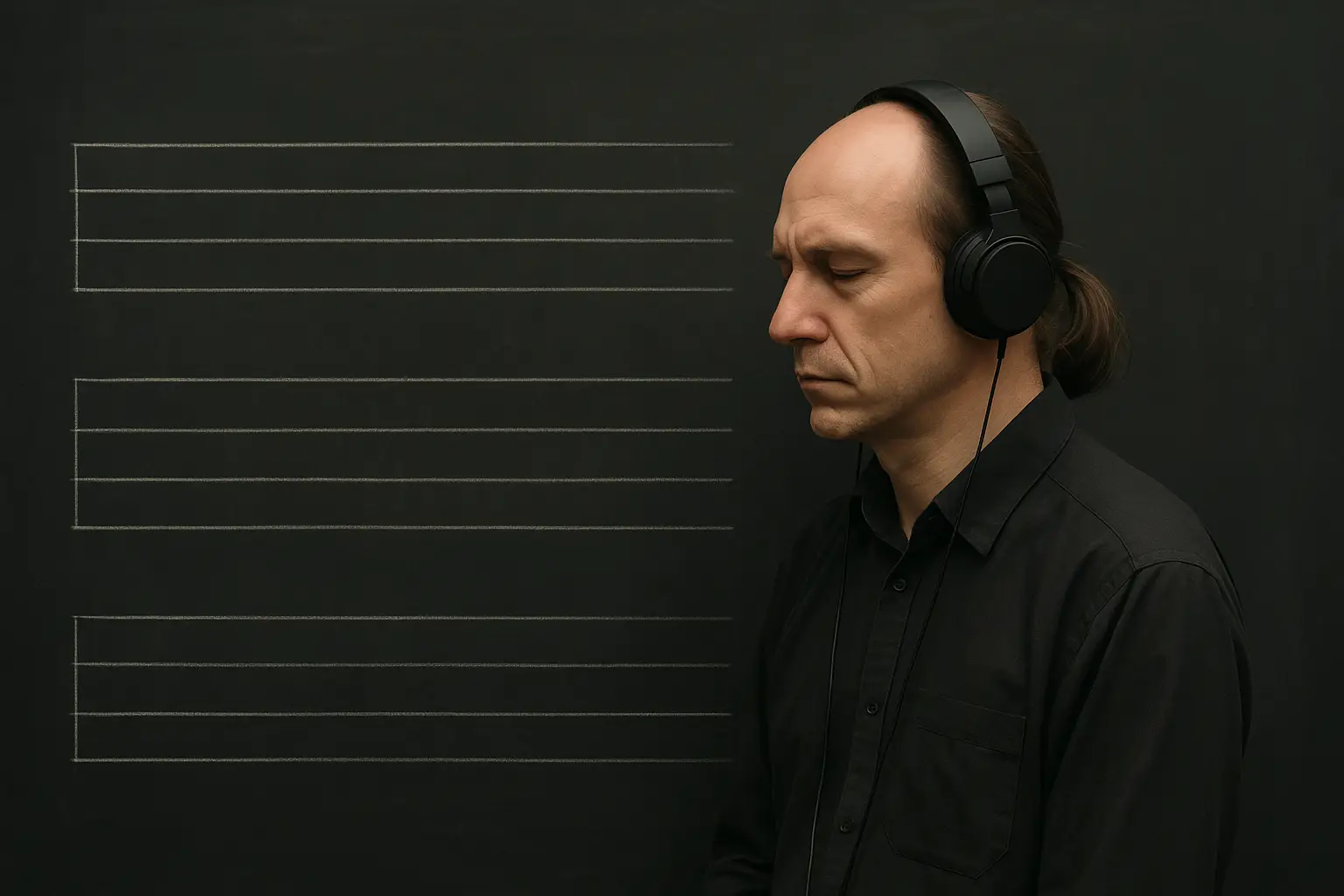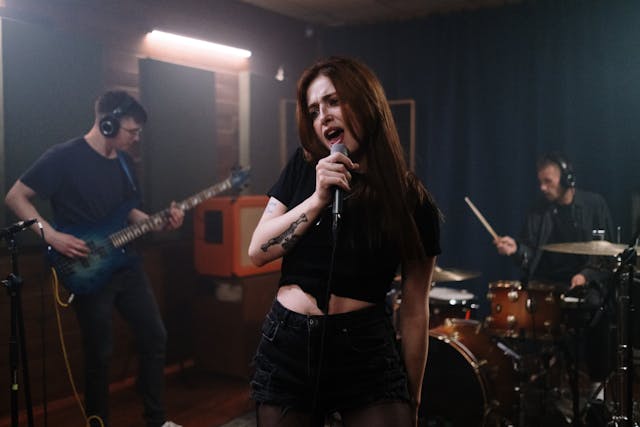“Is This What We Want?”
Introduction
In a bold and symbolic move, more than 1,000 musicians in the United Kingdom have come together to release a nearly silent album titled “Is This What We Want?”. The project is not a mistake, nor an avant-garde experiment—it’s a protest against a proposed UK law that would allow artificial intelligence companies to use copyrighted works for training their models, unless artists explicitly opt out.
This action highlights the growing tension between creators’ rights and AI-driven innovation, raising crucial questions about ownership, consent, and the future of music in the age of machine learning.
The Proposed AI Law in the UK
The controversial legislation aims to give AI developers broad access to creative works for training purposes. Key points include:
- Automatic access to copyrighted works for AI training, without prior permission from rights holders.
- “Opt-out” mechanism: Artists must actively remove themselves from the system if they don’t want their work used.
- Rationale of the government: To accelerate AI development and maintain the UK’s competitiveness in the global tech race.
For many artists, this law represents a serious threat to their livelihoods and creative autonomy.
The Silent Album as Protest
The collective’s silent album “Is This What We Want?” makes a powerful statement. Each track contains little to no sound, symbolizing the erasure of artistic voices in a system where works can be harvested without consent.
- The silence itself becomes a protest.
- By releasing it on streaming platforms, the musicians draw attention to the absurdity of the proposed law.
- The title reflects the fundamental question: Do we want an industry where AI can exploit human creativity without permission?
Why Artists Are Concerned
Musicians argue that the law undermines the value of their work and sets a dangerous precedent:
- Loss of control: Artists cannot decide how their works are used.
- Unfair compensation: No royalties or licensing fees are guaranteed.
- Cultural exploitation: AI models could flood streaming platforms with music trained on copyrighted material, diluting human artistry.
This echoes similar debates happening worldwide, from the United States to the European Union, as governments struggle to balance innovation with protection of creators.
Industry Reactions
- Musicians’ unions and collectives have strongly opposed the bill, calling it an attack on artistic rights.
- Tech companies argue that access to large datasets is essential for building competitive AI models.
- Fans and listeners have shown solidarity online, sharing the silent album as a form of digital protest.
The clash reveals a deep divide between the priorities of the tech industry and the creative community.
What This Means for the Future of Music
This protest is more than symbolic—it’s a warning shot for policymakers. If the law passes, it could:
- Force more artists to withdraw from digital platforms.
- Accelerate the rise of AI-generated music, further blurring the line between human and machine.
- Spark international pushback, as other countries reconsider their stance on copyright and AI.
The silent album also suggests that musicians will increasingly use creative activism to fight for their rights in the digital era.
Conclusion
The release of “Is This What We Want?” is a striking reminder that the debate over AI and copyright is not just technical—it’s profoundly human. More than 1,000 UK musicians are demanding that lawmakers recognize the value of creativity and protect it from unchecked exploitation.
As AI continues to shape the future of music, the outcome of this legislative battle could redefine the relationship between technology and artistry for decades to come.
![]()















